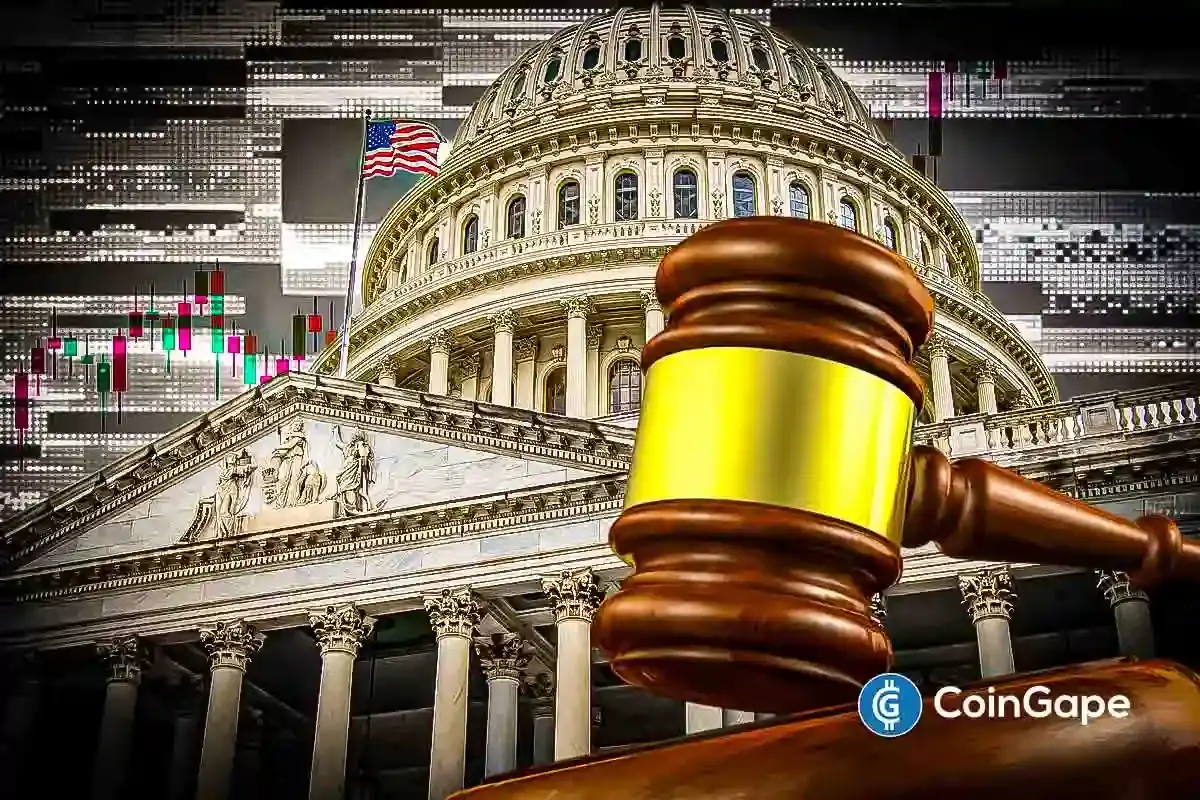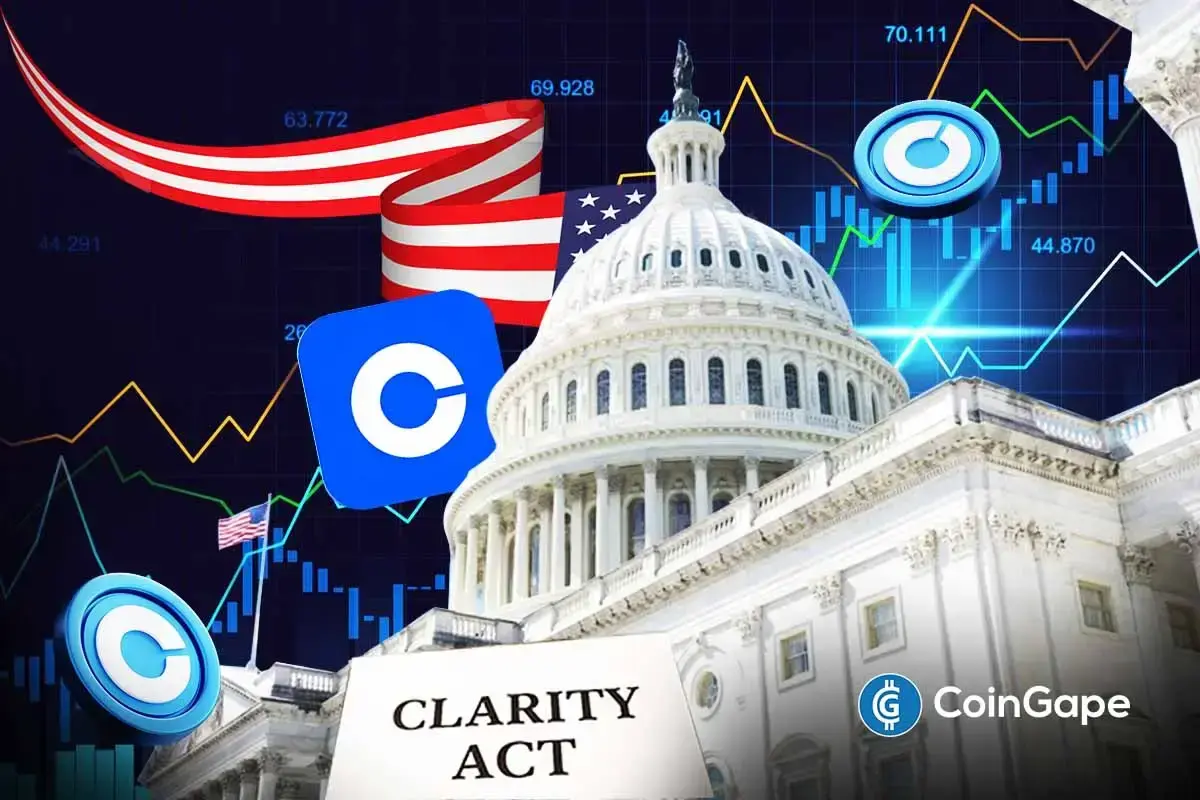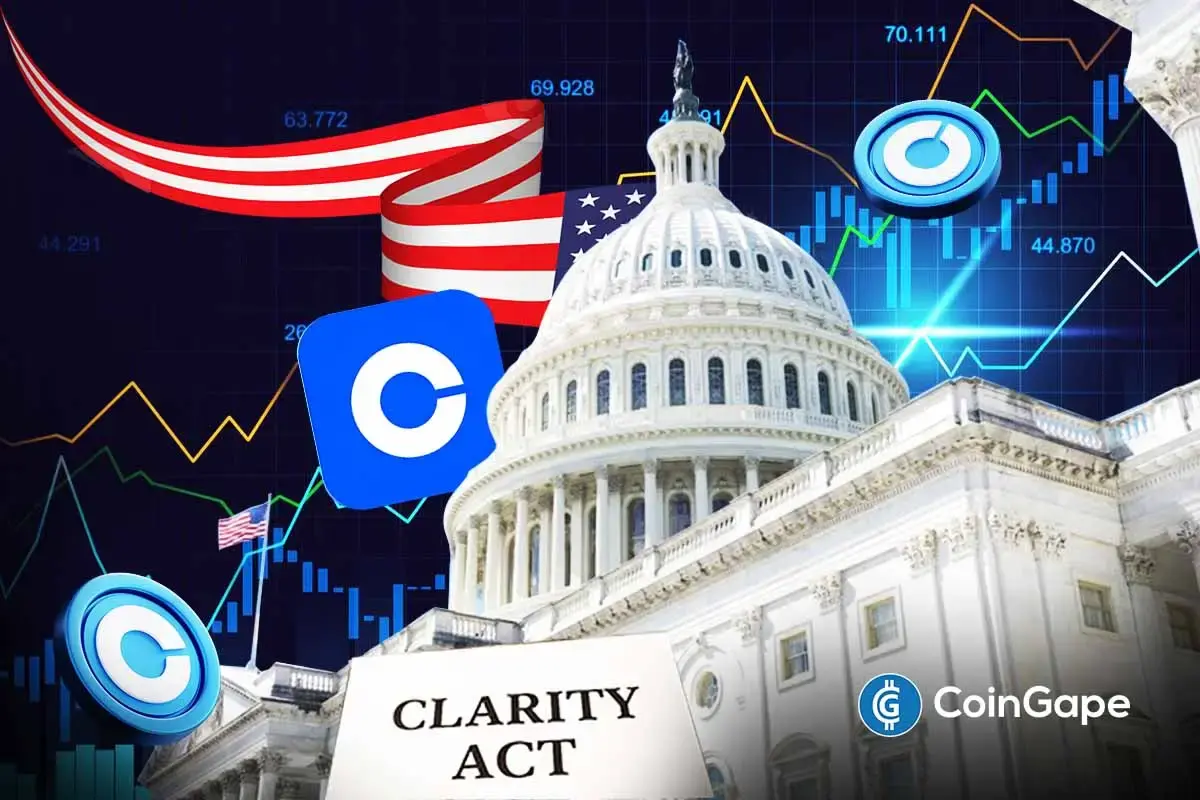Coinbase CEO Says SEC Could Possibly Ban Crypto Staking

The latest news in the town is that the U.S. Securities and Exchange Commission (SEC) is mulling the ban on cryptocurrency staking. Coinbase CEO Brian Armstrong shared the same on his Twitter thread.
He said that he has heard rumors that the securities agency is planning to entirely ban crypto staking for retail investors. “I hope that’s not the case as I believe it would be a terrible path for the U.S. if that was allowed to happen,” added Armstrong.
The U.S. SEC hasn’t yet commented on the rumors, however, the agency has been repeatedly stating that most digital assets qualify as securities and should be subject to its rules. Earlier, SEC Chair Gary Gensler had also indicated that staking could fall under its purview.
Crypto staking involves the process of earning rewards by locking up coins to help validate transactions on different blockchains like Ethereum. Crypto exchanges like Coinbase and Kraken have also been offering staking products to boost their revenues.
They offer these staking facilities to retail investors without any special hardware requirements. For the Ethereum blockchain, the minimum staking amount is 32 ETH and it offers a yield of around 6%.
Coinbase vs SEC
Last year in August 2022, crypto exchange Coinbase stated that they are being probed by the SEC for offering staking services on the platform. Currently, the US-based exchange is the second-largest depositor of Ethereum. In his recent thread, the Coinbase CEO wrote:
Staking is a really important innovation in crypto. It allows users to participate directly in running open crypto networks. Staking brings many positive improvements to the space, including scalability, increased security, and reduced carbon footprints.
Previously, Coinbase had locked horns with the SEC. The crypto exchange had to cancel its crypto lending product due to pressure from the securities agency.
Currently, staking services are in major demand after the blockchain platform Ethereum switched to the Proof-of-Stake method last September. With the Shanghai hardfork ahead in March 2022, ETH holders will be able to withdraw their staked coins.
Play 10,000+ Casino Games at BC Game with Ease
- Instant Deposits And Withdrawals
- Crypto Casino And Sports Betting
- Exclusive Bonuses And Rewards

- Bitcoin News: VanEck CEO Projects Gradual BTC Rally in 2026 as ETFs Sees $458M Inflows
- Bitcoin, Gold Slip as Donald Trump Says “Unlimited Munition Stockpiles” for US-Iran War
- Crypto Prices Today: BTC, ETH, XRP Prices Surge Despite Iran’s Strait of Hormuz Closure
- Nasdaq Brings Prediction Markets to Wall Street with New SEC Filing
- Is the Bitcoin Price Correction Really Over or Is This a Bear Market Trap?
- Bitcoin Price Prediction as US-Iran War Enters 4th Consecutive Day
- Top 5 Historical Reasons Dogecoin Price Is Not Rising
- Pi Coin Price Prediction for March 2026 Amid Network Upgrade, KYC Boost, Rewards Distribution
- Gold Price Nears ATH; Silver Eyes $100 Breakout on Us- Iran War
- Bitcoin And XRP Price As US Kills Iran Supreme Leader- Is A Crypto Crash Ahead?
- Gold Price Prediction 2026: Analysts Expect Gold to Reach $6,300 This Year

 Buy $GGs
Buy $GGs
















